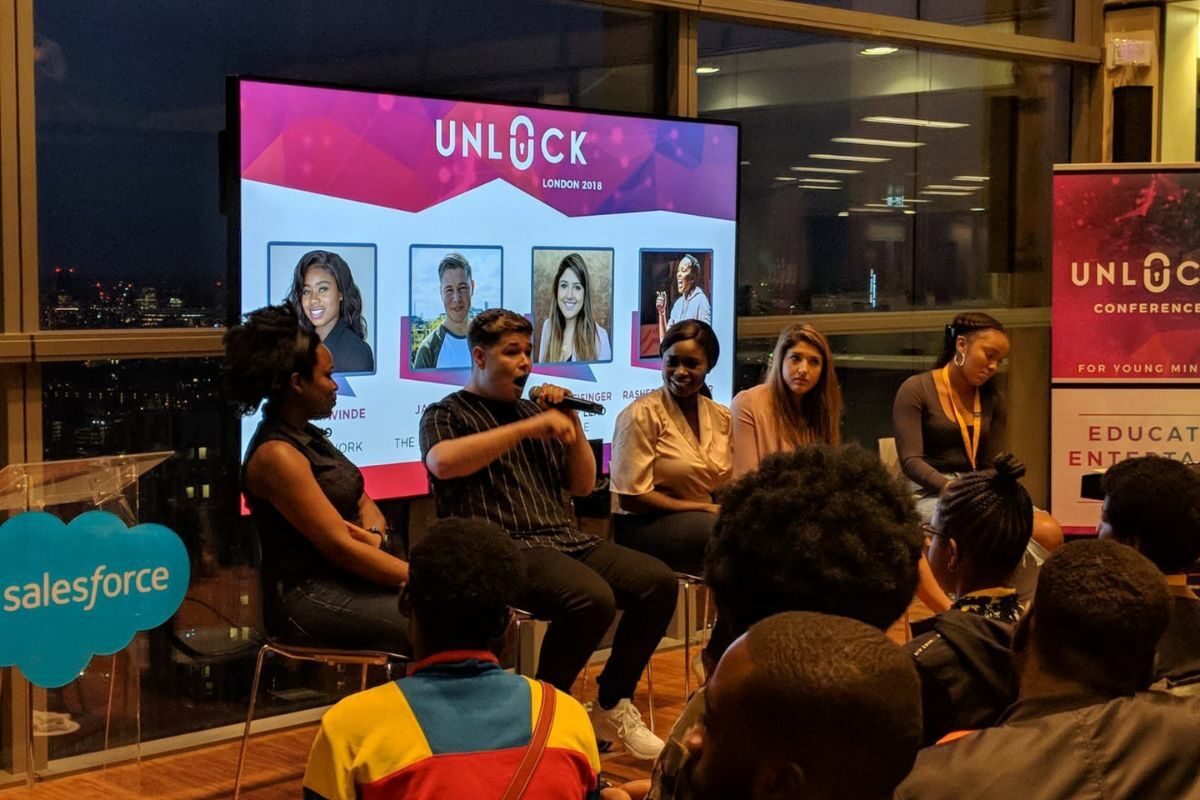Jack Parsons puts forward 5 tips for young entrepreneurs

Jack is a leading voice in youth advocacy, and he’s been named one of the UK’s kindest leaders by the financial times.
Jack started Youth Group to enable millions of young people to access jobs, skills and mentors which has become one of the UK’s largest youth communities. With over 12 million weekly social media engagements he’s also known as The UK’s Chief Youth Officer—a public figure that champions the interests of all young people across the country.
Jack is an international advisor to Governments, one of the 6 official ambassadors for homelessness with Big Issues Group, sits on the advisory board for co-op group and is non executive director for the lord mayor of London’s apprenticeship company association of apprentices.
Growing up in a single parent household with a mother who was an alcoholic and being from a social mobility background Jack found it tough growing up. A lot of setbacks and a lot of no’s when he entered the world of work so this made Jack decide to do something about it and have committed his twenties to enabling young people to thrive.
Kind, real, and people-oriented. These three words describe Jack’s values and the way he approaches his work. They’re what has led him to be recognized for several awards including Young Digital Leader of the Year, Top 15 Young People to Watch, and Named A Face of a Vibrant Economy.
Jack built a multi-million pound social first company. Youth Group Jack’s company that he co-founded with Leon Marseglia helps young people around the world find work and build confidence. They put young people top of mind so no-one is left behind. With a key mission to help young people win.
Micromanage the detail not the people
The key to being effective as a manager is to understand that no matter how much you think you know, there is always more to learn. And when you are willing to discover and learn new things, you’ll be able to take advantage of opportunities that will help you grow as a professional and person.
If you’re willing to let go of your need for control, then you’ll be able to focus on the real work: building relationships with your team members and helping them succeed.
It’s so easy to get lost in the weeds of your team members’ work, but it’s important to remember that they are responsible for their own tasks and results. Instead of micromanaging what your employees are doing, take a step back and look at the big picture: Is this task on track? Are there any potential roadblocks? If you’re worried about something, ask! But don’t assume that because you don’t know something, it’s not being done or that someone else is doing it wrong.
Give people space to mourn from a rejection or failure before you tell them to dust themselves off
We’ve all been there. The rejection. The failure. The moment when you look up and see that your dreams have fallen flat, and you’re left with nothing but a big hole in your heart where they used to be.
It’s only natural that you want to rush in and tell people to “dust themselves off,” right? To reassure them that everything will be okay? To make sure they know that your friendship is strong enough to withstand the storm? But here’s the thing: They don’t want you to do any of those things. They don’t need to hear any of it. And even if they did, it wouldn’t help them at all—it would just make things worse. So what should we do instead?
Give people space to mourn from a rejection or failure before you tell them how strong they are. They need time to feel what they’re feeling without anyone trying to convince them how great life is going to be when the dust settles.
Be 1% not 30% every day
We all have the power to make a difference. A small change in our daily habits can have a huge impact on the world, but it’s hard to keep up with all of the things we’re supposed to be doing for our health and the planet. Your team are here to help you find what you can do today to be 1% better, so that you don’t have to feel overwhelmed by all of the things you’ve been told (or even internalised) that you “should” be doing. Just being 1% better each day will help your product or solution become 30% better over 30 days. Don’t be afraid to change your 1% and reverse it once you have added it in place. Make this your everyday habit but don’t make it your religion or you will be blinded by your own mindset or the mindset of the team only.
Content is conversation
I am a huge proponent of the idea that content is conversation. When you’re an entrepreneur, it’s all about the conversation—you want to be in constant communication with your audience, to understand what they want, and to give them what they need.
So how do you get started? Take a look at what your audience is saying, and then create content that responds to their needs. If people are asking for tips on how to market themselves at work, write a post about it! If they’re looking for inspiration for their next big project, give them something that will help them get there. And if no one’s talking about what you know best—do it yourself! Your content should always be focused on the needs of others, so that when they do engage with you online (and they will), they can feel like they’re part of something bigger than just another website or blog.
Your environment is your education
Take a hard look at where you are, and ask yourself: what’s really going on here?
Are you being challenged? Are you learning something new? Are you making connections with people who can help you grow and develop? Do you feel like this place is trying to help you become the best version of yourself?
If you want to be successful, you have to make sure that the people around you are all pulling in the same direction. Be honest about who you are and what makes you tick—and surround yourself with people who support that!
If not, start looking around for a new environment that will.











Responses